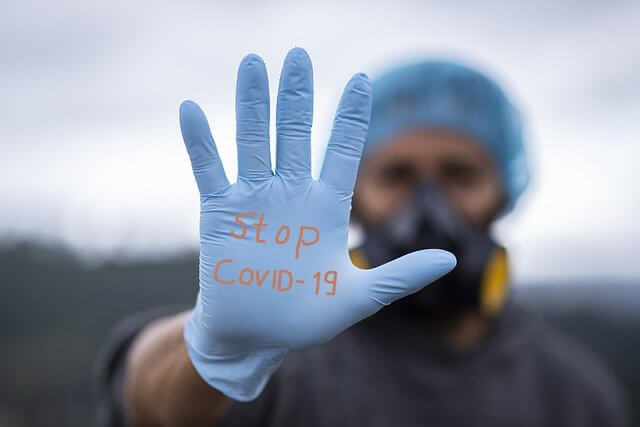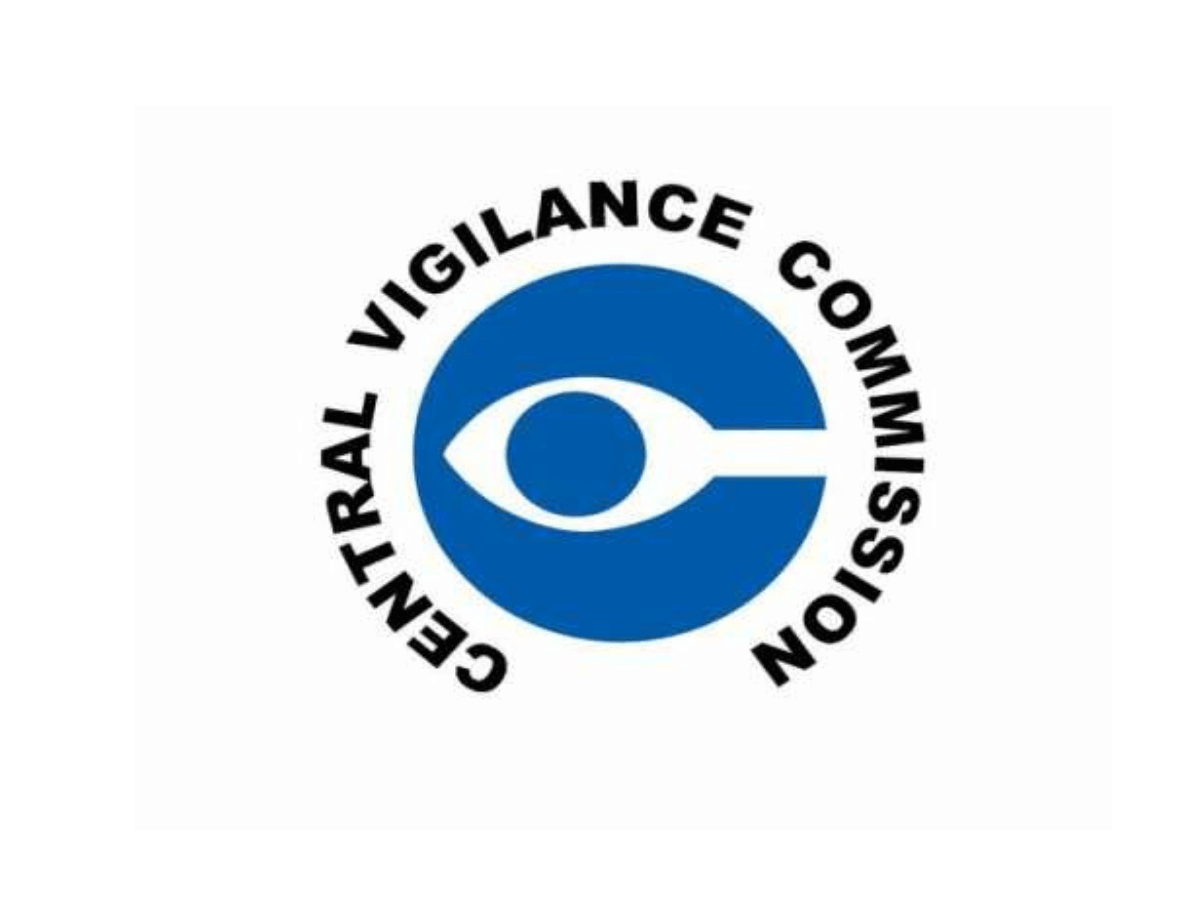This Blog is written by Sidhida Varma S. from Government Law College, Thiruvananthapuram. Edited by Yash Jain.
We have seen people sending a lot of obnoxious items to space – Cats, dogs, guitars, and so on. But it got even more interesting when Elon Musk sent his $100,000 worth cherry red convertible Tesla Roadster at the start of 2018.
The Roadster is a dummy payload, which was launched using the most powerful operational rocket known as the Falcon Heavy. A dummy payload refers to the boilerplate, which is a non-functional craft.







































